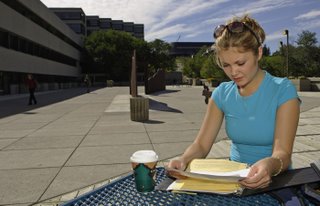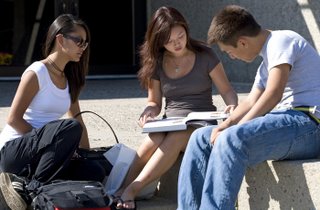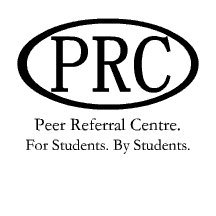Study Skills and Test Taking Tips

I am currently completing my fourth and final year of undergraduate studies and have learned a few things about studying and test taking, which I will now share with you. The study skills and test taking tips included in this sacred parchment are yours to use, but use them wisely.
Study Skills
1.) Be consistent: Once you create a set of study habits that work for you and stick with them. I prepare for all of my exams in a similar manner and always study in my room. Consistently studying in the same place makes it easier to stay focused and retain information.
2.) Don’t procrastinate: If you are like me you have heard this a hundred times before! While unavoidable at times cramming for exams is not the most effective way to study. Instead try to study several times for shorter periods of time in preparation for an exam.
3.) Create a schedule of your exams and due dates: At the beginning of every semester I write down all the dates I have exams and assignments due on a single sheet of paper and pin this to my calendar. This helps to keep me organized and prevents exams and assignments from ‘sneaking up’ on me.
4.) Pick a proper study environment: I always study in my room because it is free from distractions and quiet. Pick a location where you are comfortable and can do your best work.
5.) Listen to the prof: Many professors provide their classes with study guides or general ideas about what to study. Pay attention to these hints and guides they will usually give you a pretty good idea about what to expect on your exam.
Test Taking Tips
1.) Get a good nights sleep: I’m not sure if this is truly a test taking tip, but sleep is important. Sleep will give your brain and body a chance to rest prior to an exam.
2.) Eat and chew gum: Give yourself time to eat before exams. It is much harder to focus on a test when you are hungry. Chew gum? According to Dr. Phil, chewing gum during an exam can improve one’s testing performance.
3.) Carefully read the exams instructions: This is key! I don’t know how many times, after getting an exam back, that I have heard people around me saying, “$*%?, I didn’t know that’s what we were supposed to do.” But, if you take the time to carefully read the instructions on an exam it should be clear what the professor expects for your answers. Carefully reading an exam can mean the difference between getting an A or B.
4.) Follow your initial instinct: If you are unsure about the answer to a question follow your instincts and answer the way you initially felt you should. Do not second guess yourself. Your initial instinct is most likely correct.
5.) Have an extra pen or pencil: You never know when your pen will run dry or when your pencils led will break.
6.) Don’t be afraid to ask questions: If you have read the exam and are still unclear about something ask the professor. If you do not understand a question you can not answer it properly.
7.) Don’t spend too much time on any one question: Use your time effectively, if a section of the test is worth 40% spend 40% of your time on that section and move on. If you are stuck on a question move on to the next one and come back to the question you were struggling with.
8.) Don’t stare at the clock: Know how much time you have but do not become fixated on the time.


